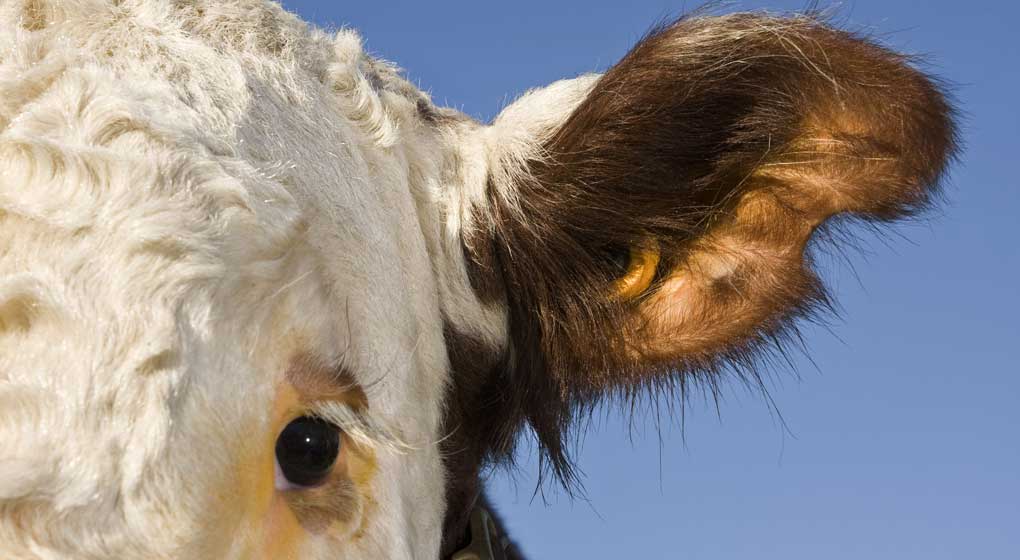Has RFID’s time come with new livestock traceability system?
With a great deal of work done by the industry in collaboration with DEFRA, in 2019 will see the roll out of the new livestock traceability system, that is set to change the way the industry works and with it bring long-lasting benefits to the whole food supply chain.
This new traceability system also heralds a potentially very important new role for RFID technology, which has somewhat failed to take off in the wider food sector, after 10 or more years of being trialed. The fact that the new system will ‘identify and track animal movements via electronic IDs throughout their whole lifecycle’ will inevitably result in a much higher take up in RFID tagging technology.
Now, what is important is how the new system is rolled out into the industry and how decision makers choose to use this opportunity to enhance the overall production, QA and particularly the traceability benefits it will deliver.
In practical terms, RFID tagging technology has been greatly enhanced, whilst the cost and types of tags that are now available, make their use both affordable and robust.
Critically, the success of any electronic solution using RFID will relate to how well information and the data associated with the tagged animal is managed.
Clearly, for abattoir receipting and animal verification, RFID tags and readers will make the process quicker and in some cases completely automated. This will remove any manual inputting and therefore human error, as the animals’ digital passport will travel with it, so all provenance information will be accessed.
Though the use of specialist integrated abattoir software, from the point of animal intake information is instantly uploaded and the data driven traceability approach can commence immediately, as processing begins. As we move to a much more real-time operational driven approach, the benefits for the meat industry will soon become apparent.
As the industry now looks at the changes needed to introduce technology that will support the delivery of the new livestock traceability system, there is now a real opportunity to look at the end-to-end process of traceability and how data is captured throughout individual production processes.
So for vertically integrated businesses, there is now a much bigger focus on how integrated solutions can quickly combine and analyse data gathered from multiple sources. This is particularly important when managing food safety or product recall incidents, as businesses have the ability to interrogate data and make real-time decisions to effectively manage a response.
Equally, the management of data through the wider use of RFID has a role to play in the validation of product provenance throughout the supply chain and this is why I believe there is a much bigger opportunity to expand the use of the technology and automation.
For example, there is no reason why product related data can’t be transferred to an RFID tag, that can be automatically read when product moves from one process to another, or one processor to another, through automised tag reading.
There are many other examples of how RFID can have a positive impact but fundamentally, if the industry is going to make real inroads into food safety and fraud, the management of farm to fork data has to be better integrated and policed in real-time.
So with an industry poised for change, now is the time to look at how to take an integrated approach to process traceability, to further automate processes and systematically improve food safety, by increasing protection against biological, chemical, and physical hazards.







